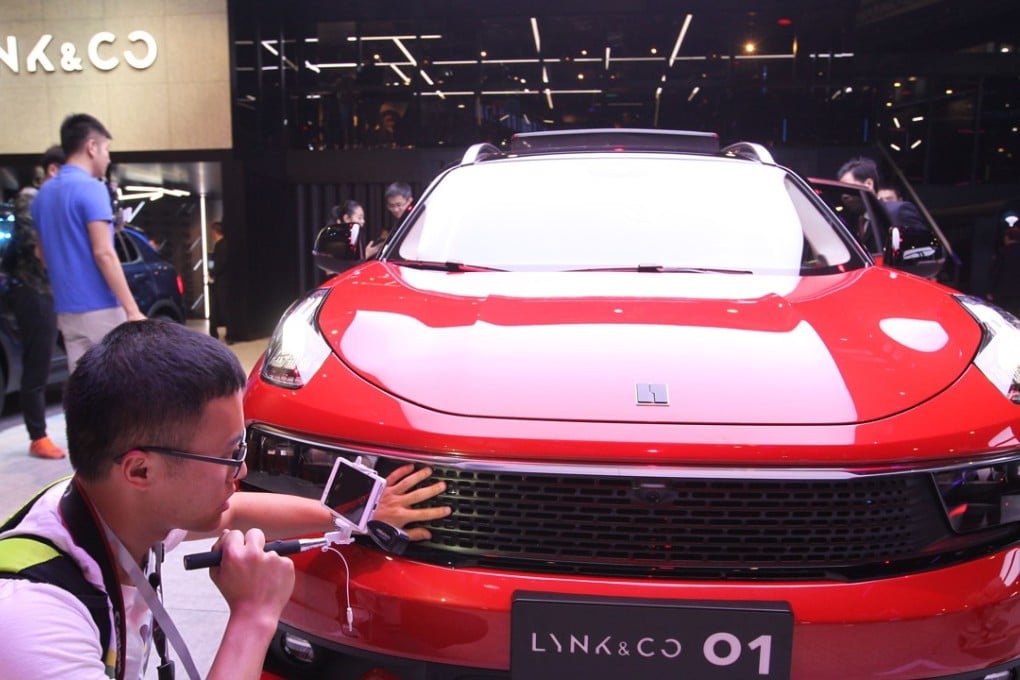China’s once-buoyant auto sales hits a blip, likely to see the first quarterly decline in 26 years
September vehicle sales fell 11.6 per cent year on year, the first contraction since 1992 and sparking concern that the three months to December will see the first quarterly drop this millennium.

China’s seemingly unstoppable growth in auto sales came to screeching halt in September, registering the first contraction on a monthly basis in more than two decades as consumers tightened spending amid concerns that the worsening US-China trade relationship will act as damper on the domestic economy.
Vehicle sales for the month totalled 2.39 million units, representing a drop of 11.6 per cent on year, the first contraction since 1992. Analysts had been expecting a gain for the month, with an average forecast for a 5 per cent rise, according to Bloomberg.
The poor sales result came during a month known as the golden season for car dealerships, and has sparked concern that the September to December period could reflect the first quarterly drop in China’s automobile demand this millennium.
In the first nine months of this year sales rose to 20.49 million vehicles, up 1.49 per cent from a year ago, according to the China Association Of Automobile Manufacturers.
“A consensus prediction among industry officials is that the downward momentum will continue in the fourth quarter of this year, knocking the whole-year sales figure down to the level below that of last year,” said Ding Haifeng, a consultant with Integrity Financial Consulting. “In a market that posted growth for more than two decades, a year-on-year dip in sales is likely to prompt the government to take action to turn it around.”
China overtook the US to become the world’s largest auto market in 2009 and has retained the crown for nine consecutive years.